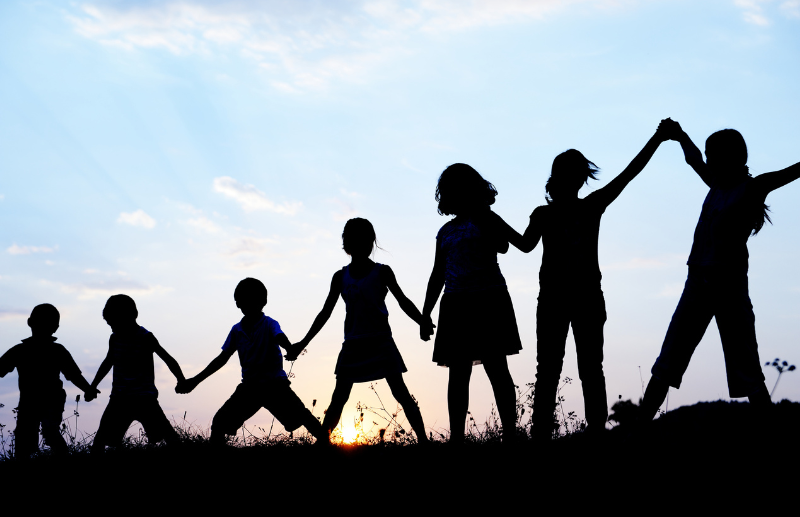Adults are responsible for making sure children get the special care they need to grow up healthy and happy.
Here are some important rights for children
You have the right to:
- Be treated fairly no matter what.
- Have a say about decisions affecting you.
- Live and grow up healthy.
- Have people do what is best for you.
- Know who you are and where you come from.
- Privacy.
- Find out information and express yourself.
- Be safe no matter where you are.
- Be cared for and have a home.
- Education, play, and cultural activities.
- Believe what you want.
- Help and protection if you need it.
What do rights look like in real life?
Let’s use some examples to help you understand your rights.
My right to an education
All children have the right to an education.
- Hunter lives hundreds of kilometres away from the closest school, but still has a right to an education.
- A teacher supports Hunter remotely by sending them lessons and holding classes online.
My right to be heard
All children have the right to be heard and have their views taken into account.
- Amara has the right to a safe place to live.
- A community support worker listens to Amara’s concerns about where she lives. The worker helps Amara find a safer place.
My right to enjoy my culture
All children have a right to know who they are and where they come from.
- Nayuka has the right to learn about her culture.
- A cultural program teaches her about her mob, her culture, and how to care for Country.

